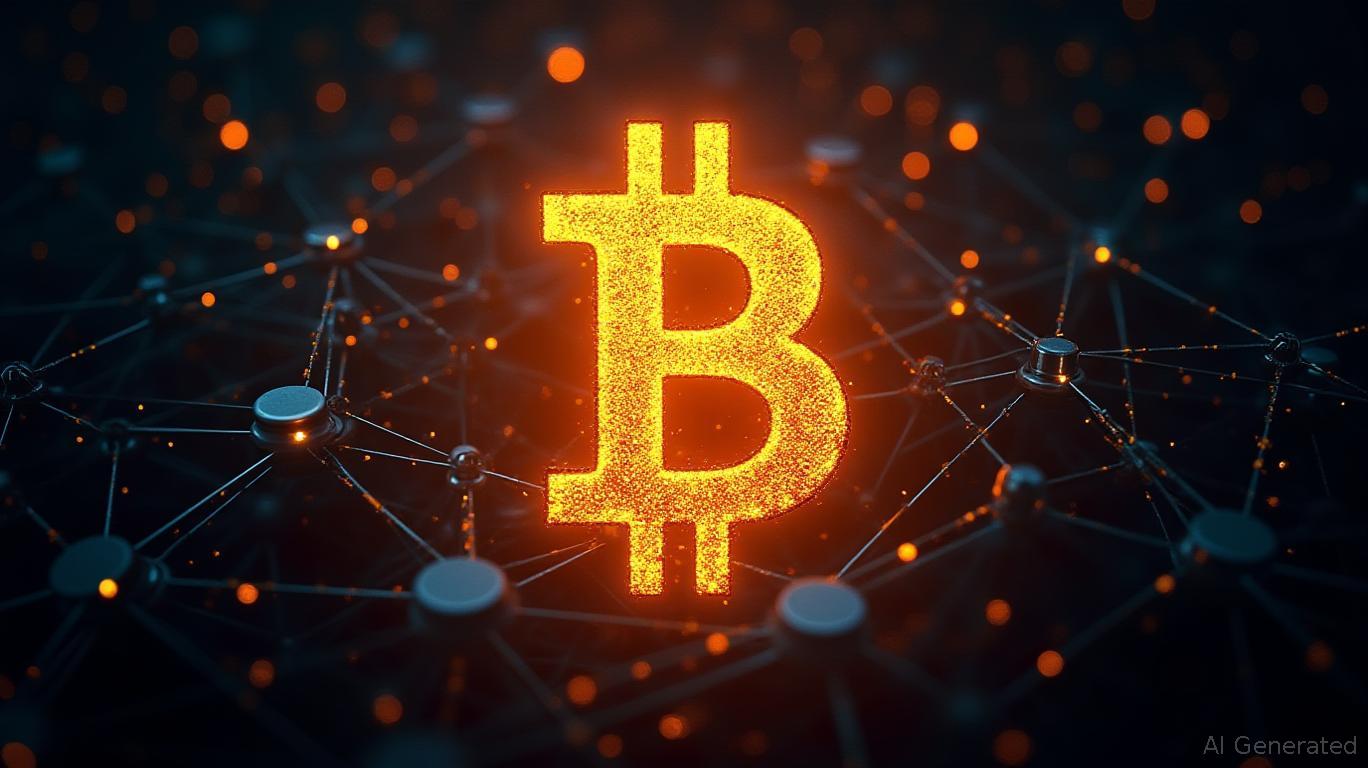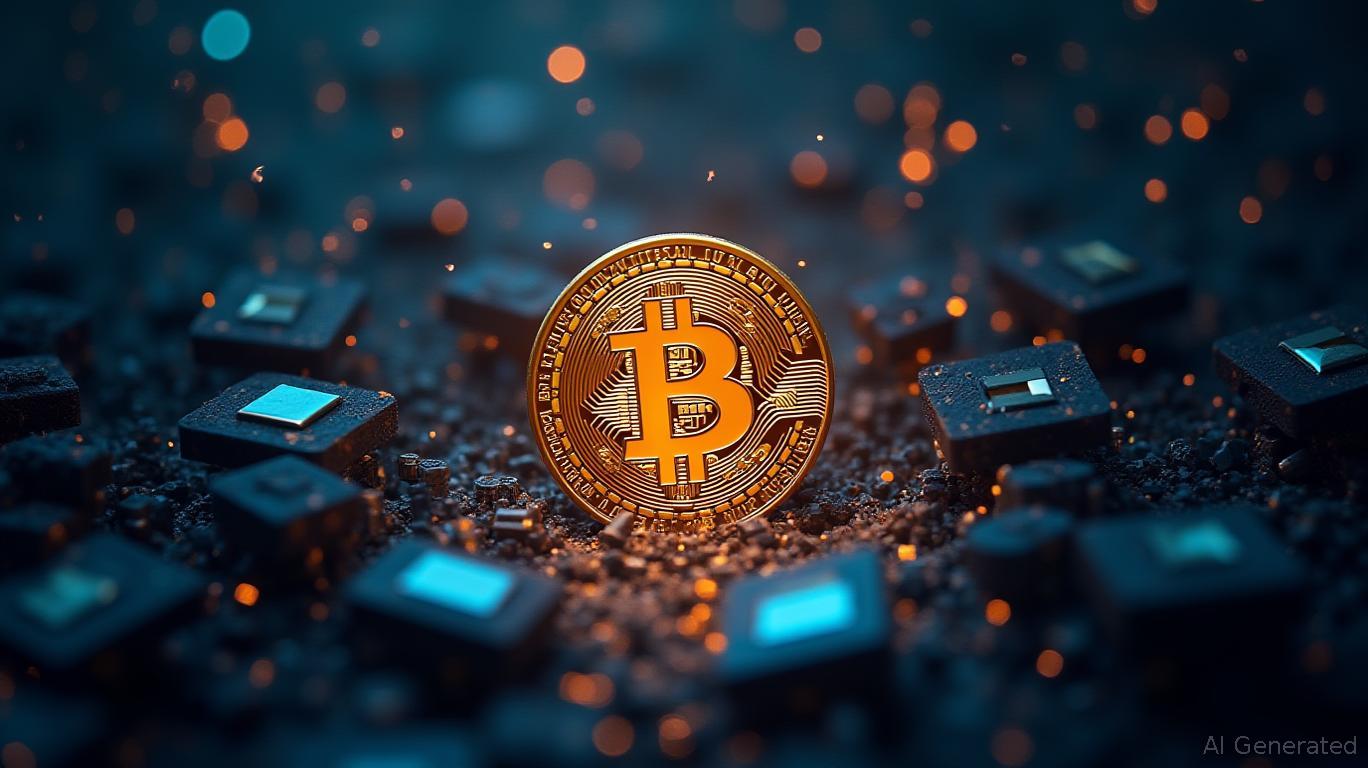Washington could still derail XRP’s $173B comeback in its breakout year
The probability of a US government shutdown has climbed to levels not seen in years, with prediction market Kalshi pricing a 73% chance that lawmakers fail to pass a funding bill before the Oct. 1 fiscal deadline.
The sharp increase reflects weeks of gridlock in Congress and President Donald Trump’s decision to cancel budget negotiations with Democratic leaders, which narrowed the path toward compromise.
Federal agencies will lose authority to spend if lawmakers fail to reach an agreement by midnight on Sept. 30. Consequently, nonessential operations would close, echoing the 34-day standoff during Trump’s first term, which furloughed hundreds of thousands of workers.
Considering this, both parties have pointed fingers over the impasse.
Former President Barack Obama argued that “Republicans would rather shut down the government than help millions of Americans afford health care.”
However, the White House countered that Democrats are pushing the nation “to the brink” by jeopardizing funds for veterans, seniors, and law enforcement.
How will the US shutdown affect XRP?
The consequences of a shutdown would extend beyond Washington, particularly for the crypto sector.
XRP, the third-largest crypto asset by market cap, sits at the center of several initiatives tied to government agencies. A shutdown would reduce staffing at regulators such as the US Securities and Exchange Commission (SEC) and the Commodity Futures Trading Commission (CFTC), slowing or halting reviews of digital asset filings.
This matters because multiple applications for spot crypto exchange-traded funds (ETFs), including those linked to XRP, face October deadlines.
Six firms, including Grayscale and 21Shares, have filed for spot XRP ETFs. ETF analyst Nate Geraci described the coming quarter as “enormous” for review calendars, with decisions expected across a range of tokens.
So, any disruption in the regulatory workflow could delay approvals.
Moreover, because spot ETFs lower barriers for institutions and retail investors by offering regulated exposure, delays could weaken the momentum analysts expect to drive new inflows into the digital asset.
Apart from that, Ripple faces a second vulnerability. Its bid for a US national bank charter, a step the company has promoted as crucial for building dollar-linked payment rails, depends on reviews by the Office of the Comptroller of the Currency (OCC).
A prolonged shutdown would pause those assessments, postponing a milestone in Ripple’s US strategy.
Impact on XRP price
This uncertainty could also spill into the spot market value of the digital asset.
Despite steady institutional interest, the token has traded in a narrow range under $3 over the past month.
However, technical analyst Ali Martinez noted that whales purchased 120 million XRP in the last 72 hours, signaling renewed confidence in the market.
This sets the stage for a decisive period in which XRP could hold its ground and potentially build market momentum.
However, this momentum could be flipped if the impending government shutdown reverses investors’ interest in risk-on digital assets like XRP.
The post Washington could still derail XRP’s $173B comeback in its breakout year appeared first on CryptoSlate.
Disclaimer: The content of this article solely reflects the author's opinion and does not represent the platform in any capacity. This article is not intended to serve as a reference for making investment decisions.
You may also like
Ethereum Updates Today: Harmony and Technology Unite: Pop Star Teams Up with Blockchain Pioneer to Drive Eco-Friendly Innovation
- Taiwanese pop star JJ Lin and Ethereum co-founder Vitalik Buterin engaged in a public dialogue in Singapore, highlighting blockchain's role in sustainability and creative collaboration. - Buterin's GKR protocol aims to enhance Ethereum's scalability by reducing transaction costs, while addressing off-chain validation risks through hybrid security solutions. - The interaction reflects growing cultural-technological synergy, leveraging celebrity influence to promote responsible blockchain adoption and envi

Bitcoin News Today: The Bitcoin Fork Debate: Balancing Spam Prevention and Open Access Principles
- Bitcoin developers debate a temporary soft fork to curb spam transactions, sparking a debate over balancing spam control with permissionless principles. - Supporters like Luke Dashjr argue it's a pragmatic measure to address non-monetary transactions clogging the network, despite calling it an imperfect solution. - Critics warn it risks setting a dangerous precedent, undermining Bitcoin's core principles and lacking clear content definitions for "questionable" transactions. - The temporary soft fork, set

Bitcoin News Update: Efforts to Improve Bitcoin's Efficiency May Threaten Decentralization Amid Spam Challenges
- A Bitcoin soft fork proposal to reduce spam transactions sparks debate over efficiency gains vs. centralization risks. - Critics warn mining pools could prioritize transactions, undermining decentralization as institutional adoption grows. - Market activity surges with Binance's BNB rising 8% post-Trump pardon and a16z raising $10B for crypto initiatives. - Exchange security concerns persist after WazirX and Bunni hacks, with soft fork advocates citing potential cost reductions. - Regulatory shifts and t

Ethereum Updates: The Altcoin Divide in Crypto—Fidelity’s Investment Versus Major Holders’ Departure
- Fidelity expands crypto offerings by adding Solana to institutional and retail platforms, signaling growing institutional confidence in altcoin infrastructure. - Ethereum attracts $32M whale purchase and corporate treasury inflows despite ETF outflows, driven by DeFi and smart contract innovation. - Solana shows mixed signals: whale transfers $93M to Binance but gains traction via Fidelity's support and expanding cross-chain liquidity. - Market shifts toward utility-driven projects like Ethereum layer-2

